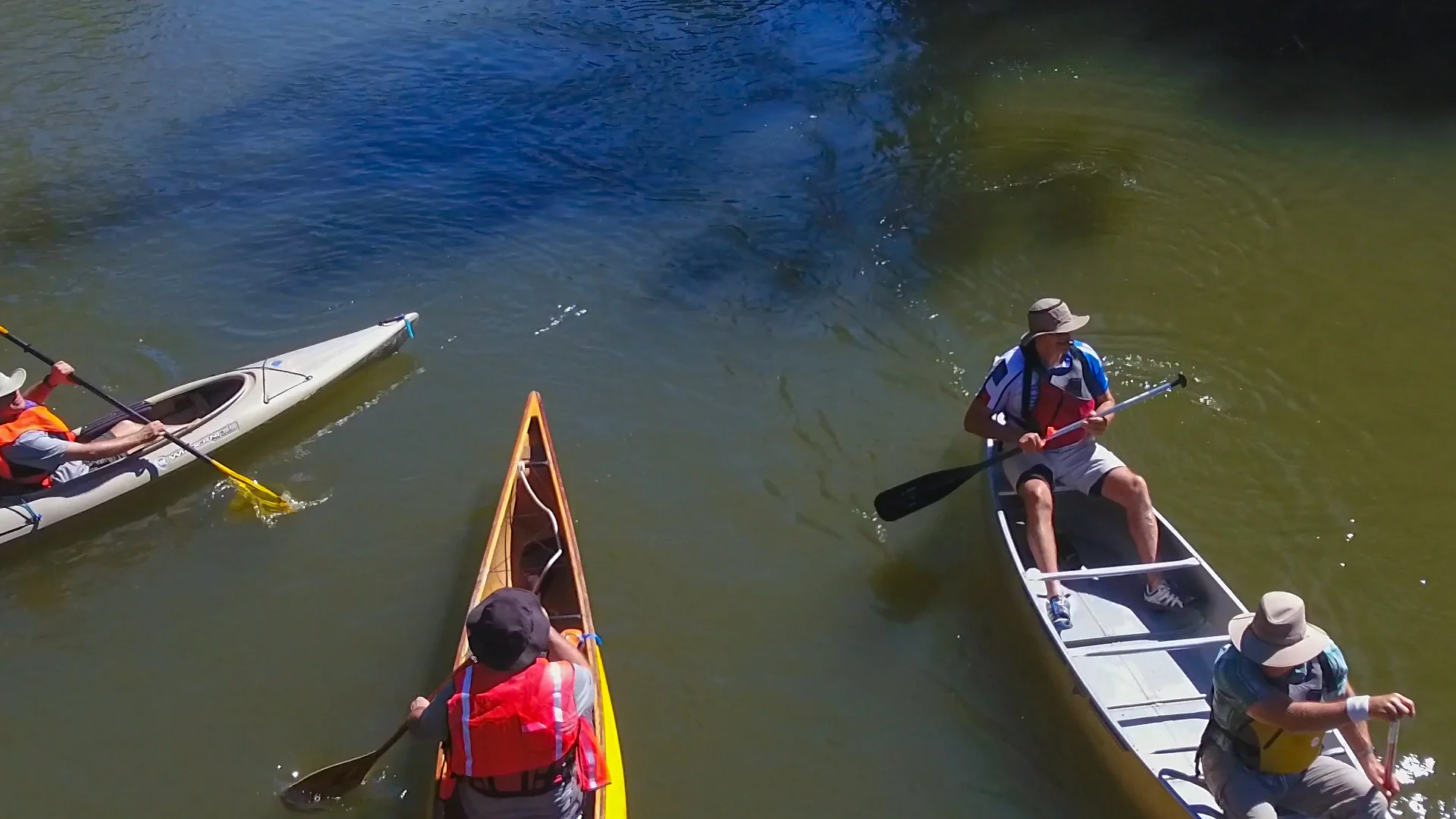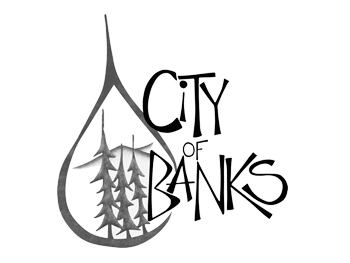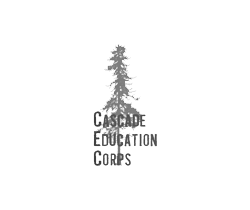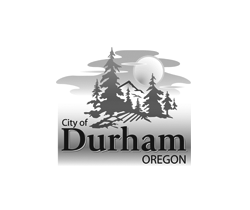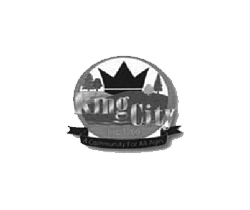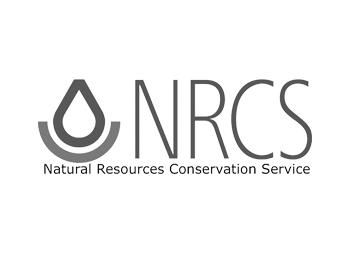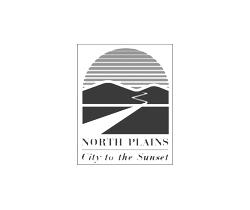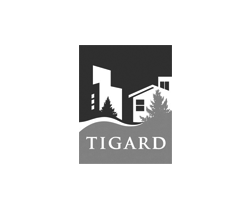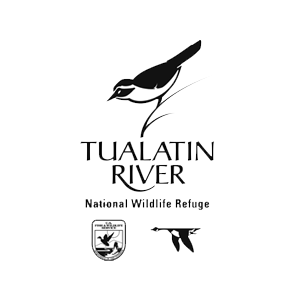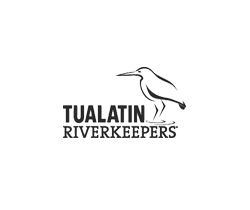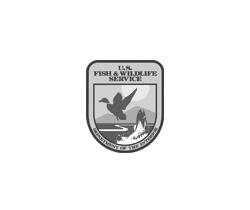Engaging Partners to Shape the Future
A keystone Tree for All partner, in 2006 Metro joined forces with Clean Water Services, Tualatin Riverkeepers, Tualatin Hills Park and Recreation District, National Resources Conservation Service, Tualatin Soil and Water Conservation District and others to leverage collective resources toward making large-scale, long-term impact on the watershed. To date, more than 20 Metro-owned Natural Areas are part of Tree for All.
Metro is the elected regional government and brings people together to shape the future of greater Portland’s land and transportation, garbage and recycling, and parks and nature, in addition to operating regional venues. Metro’s Parks and Nature System Plan shares many of Tree for All’s goals: Connecting communities to nature, restoring habitat, and planting trees to enrich the ecosystem.
Jonathan Soll, Metro’s Science and Stewardship Division Manager, explains, “As a regional government, Metro works most effectively when we have local partners. What excites me most about Tree for All is the engagement of so many community organizations that share a common vision of clean water, healthy wildlife habitat, and access to nature close to home.”
Fanno Creek, one of Tree for All’s most ambitious transformations, meanders through portions of Beaverton, Tigard, Durham, and unincorporated urban Washington County. As a project partner, Metro implemented strategies to integrate the Fanno Creek Trail into an active transportation corridor, encouraging car-free travel from the banks of the Willamette River in downtown Portland to the Tualatin River in Durham. The trail improves the health of the watershed and also contributes to the quality of life among its residents and neighbors. An uptick in beaver activity has further improved wildlife habitat by providing additional water access to dozens of wildlife species throughout the long dry summer.
“What excites me most about Tree for All is the engagement of so many community organizations that share a common vision of clean water, healthy wildlife habitat, and access to nature close to home.”
But Metro’s vital contributions to the TFA portfolio don’t stop at Fanno Creek. More than a dozen projects owe their success at least in part to Metro, including Jackson Bottom Wetlands Preserve, Farmington Paddle Launch, Wapato Lake National Wildlife Refuge, Maroon Ponds, Penstemon Prairie, Balm Grove, and Tualatin River Farm.
“Scale matters,” Soll says. “We’re part of a web, and having a strong web produces strong results. We're really building towards a thriving, healthy watershed that provides the community multiple benefits including the opportunity to rejuvenate, and recreate in its river.”
Metro’s involvement in Tree for All is possible thanks to voter investments in Metro’s parks and natural areas bond measures and levies.
Such a diverse range of projects can thrive thanks to shared objectives that continue to transform the watershed, connecting residents with healthy, thriving natural areas. Moving forward, Metro’s commitment to Tree for All ensures that partners will continue to build on the progress already made.

